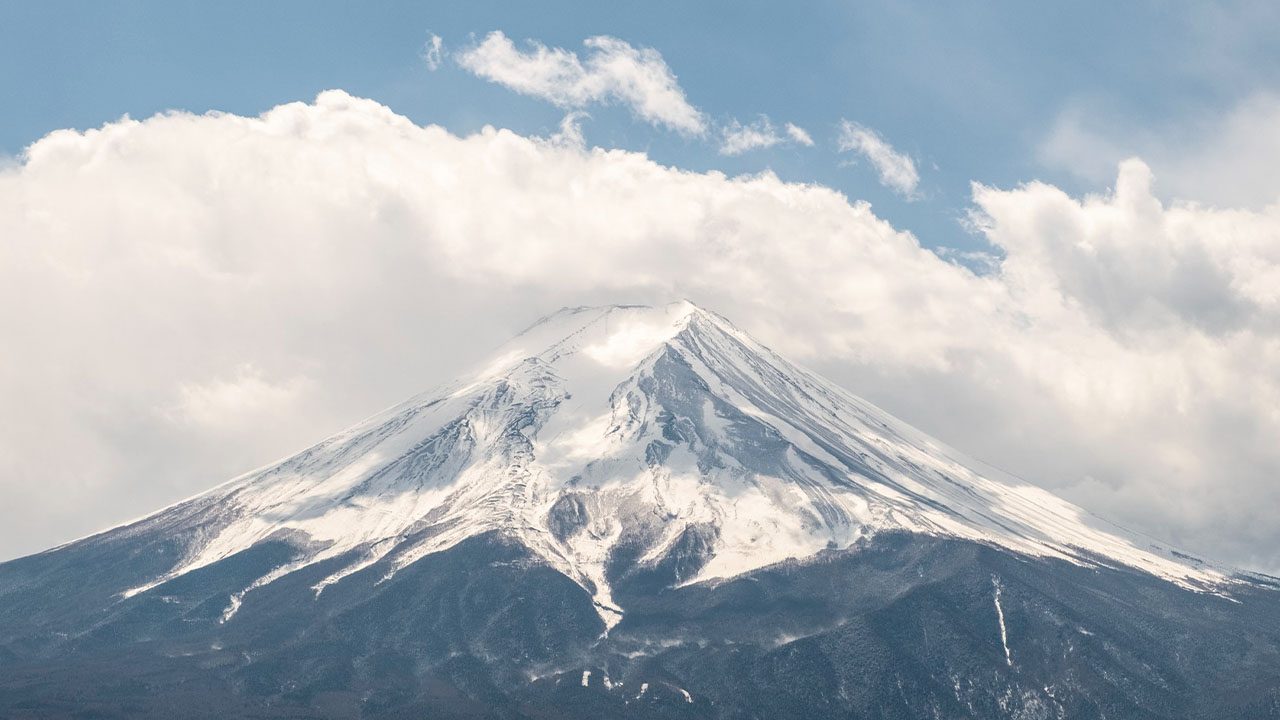Frozen Wonders: Ancient Arctic Technologies Revealed
Uncovering the Ingenious Innovations of the Ancient Arctic
The Arctic, with its harsh and unforgiving climate, has always been a place of mystery and wonder. It’s a region that has long captured the imagination of explorers, scientists, and historians. But as we delve deeper into the past, we’re beginning to unveil a fascinating world of ancient Arctic technologies that have been hidden beneath the ice for millennia. In this blog post, we’ll take you on a journey through time and explore some of the most incredible frozen wonders of the Arctic, shedding light on the innovative technologies developed by its ancient inhabitants.
Ice Age Engineering
1. Igloo Construction
The humble igloo, an iconic symbol of the Arctic, is not just a simple snow hut. It’s a masterpiece of engineering designed to withstand extreme cold. The Inuit people, who have inhabited the Arctic for thousands of years, developed this dome-shaped structure to trap warm air inside while keeping the cold out. Blocks of compacted snow or ice are meticulously stacked to create a sturdy, insulated shelter.
2. Inuit Kayaks
The Inuit were masters of Arctic seafaring, crafting kayaks from driftwood and animal skins. These sleek, lightweight vessels were not only incredibly efficient but also essential for hunting marine life. The design of the kayak allowed for swift and silent approaches, crucial for successful hunting in the icy waters.
Ancient Arctic Adaptations
1. Clothing Innovations
Surviving the Arctic cold requires more than just a warm coat. Indigenous people of the Arctic, like the Saami in northern Scandinavia, developed innovative clothing techniques. Their layered garments, often made from animal hides, provided exceptional insulation and protection from the elements.
2. Snow Goggles
Snow blindness is a real threat in the dazzling Arctic landscape. To counter this, indigenous peoples created snow goggles from bone, wood, or other available materials. These ingenious devices blocked harmful UV rays and reflected glare, enabling safer travel and better visibility.
Arctic Sustainability
1. Ancient Refrigeration
In a land of ice and snow, refrigeration was a necessity, not a luxury. The Thule culture, predecessors of the modern Inuit, dug deep, semi-subterranean storage pits called « qarmat. » These structures served as natural refrigerators, preserving food in the frigid temperatures. The wisdom of the past is a reminder of how indigenous cultures lived sustainably in extreme conditions.
2. Traditional Fishing Weirs
The Yup’ik people of Alaska employed a brilliant technique for ice fishing. They crafted intricate fish weirs, essentially underwater traps made from woven branches. The weirs guided fish into a central chamber, making it easier to catch them during the long Arctic winters.
Conclusion
The Arctic, with its breathtaking landscapes and formidable challenges, has been home to ingenious inventors who developed technologies that have stood the test of time. These frozen wonders reveal that the ancient Arctic inhabitants were not just survivors but innovators, adapting to their environment with remarkable creativity. As we continue to explore and learn from these ancient Arctic technologies, we gain a deeper appreciation for the enduring legacy of human ingenuity in the world’s most extreme environments.




